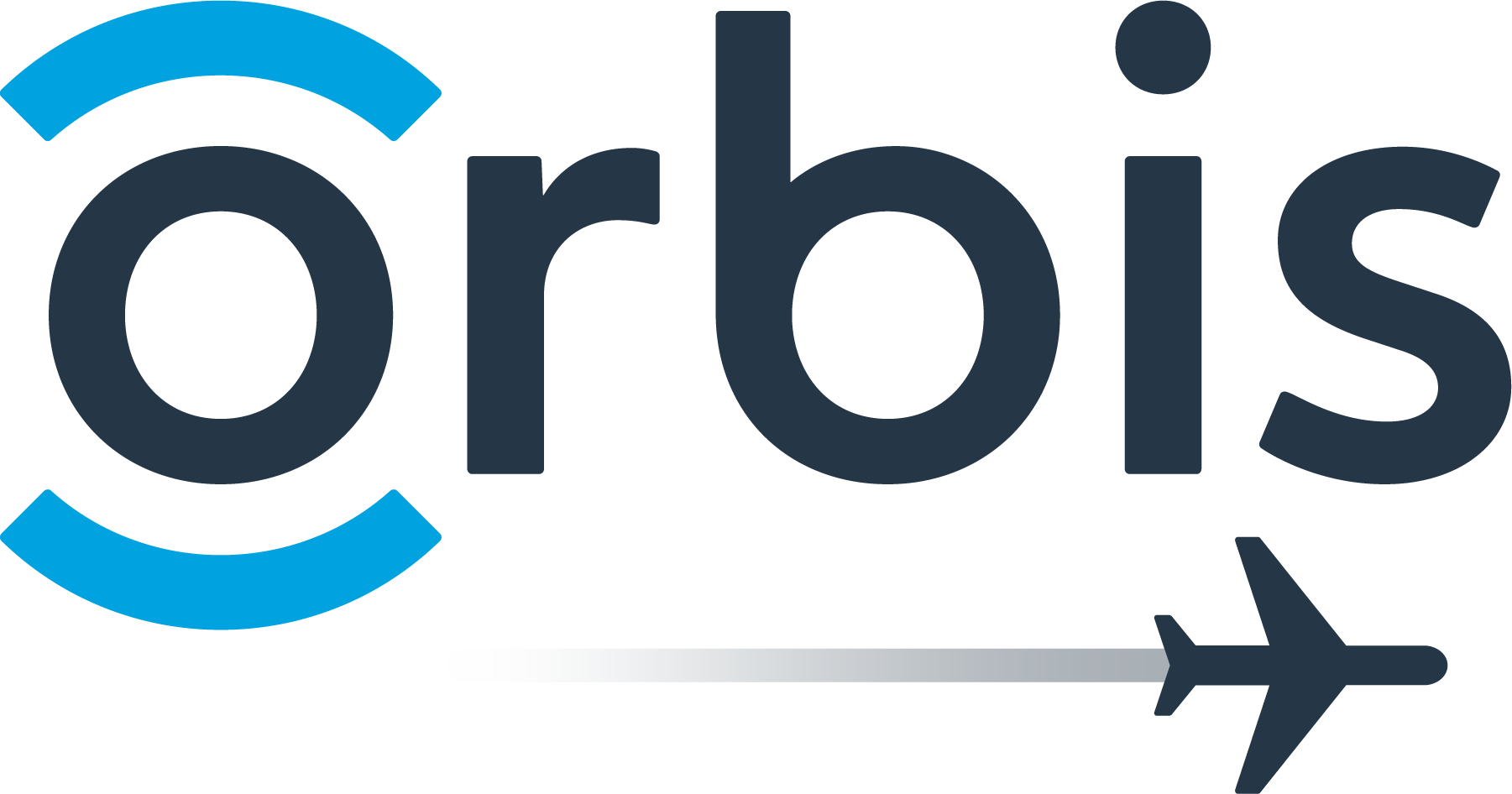
Orbis International, Siloam Vision unite to save sight of premature infants using artificial intelligence

According to the companies, the partnership will roll out a proprietary system that has earned FDA breakthrough designation, one of the few ophthalmic devices to achieve this status in almost a decade.
Eye care nonprofit Orbis International unveiled new strategic partnership with Siloam Vision to use the company's cloud-based telemedicine platform to expand access to eye care and prevent blindness in premature infants living in hard-to-reach communities.
According to a news release, Siloam Vision's artificial intelligence (AI) platform can diagnose retinopathy of prematurity (ROP) – the leading cause of childhood blindness globally.
The partners noted the platform was developed by the i-ROP consortium, originally started in 2011 and led by Michael F. Chiang, MD, now the director of the National Eye Institute, when he was at Oregon Health & Science University.
The i-ROP consortium is now led by J. Peter Campbell, MD, MPH, and R.V. Paul Chan, MD, MSc, MBA, FACS, co-founders of Siloam Vision, and Orbis Volunteer Faculty members (medical experts). Orbis and Siloam Vision have aligned missions to make sure no child starts out life blind from an avoidable cause.
Using current methods, a pediatric ophthalmologist has to cautiously monitor and examine at-risk infants in the weeks after birth and prior to discharge, and this partnership will provide for the use of AI to bridge gaps where a lack of trained pediatric ophthalmologists exists.
Chan pointed out in the news released that will there are myriad efforts worldwide focused on training ROP specialists, it could take years before there is enough coverage.
“Telemedicine using digital images is an effective force multiplier, enabling clinicians to reach more patients than ever before,” Chan said in the news release. “We are excited to partner with Orbis to help save the sight of more preterm babies in hard-to-reach-communities."
Moreover, Campbell noted that Siloam Vision was formed to enhance the care provided to premature infants worldwide, but it will only be gauged as a success when it is available where it is needed most.
“We are incredibly excited to partner with Orbis to help bring AI and telemedicine to the care of babies at risk of ROP everywhere that it may be beneficial,” he said in the news release. “ROP blindness is almost always preventable. Our shared goal is to partner to make that a reality."
According to the news release, Siloam Vision's system,dubbed i-ROP DL, pairs an AI algorithm with a cloud-based telemedicine platform and vision camera. The system effectively identifies severe ROP in digital images taken on commercially available cameras and can aid doctors in diagnosing– and thus reduce the risk of blindness from – the disease.
The company put the algorithm through an in-depth range of validation studies over the last decade in India, Mongolia and Nepal and now has the potential to scale to every neonatal care unit in developing parts of the world.
The news release also noted Siloam Vision's proprietary i-ROP DL system has received breakthrough designation by the FDA, a program aimed at accelerating development and approval of medical devices based on compelling clinical benefit and lack of existing competing technology.
The company also noted in its news release it was recently awarded $1.95M from the National Institute of Health to perform the necessary clinical studies to obtain FDA approval of the technology. The studies will be co-led by Campbell and Karyn Jonas, Siloam Vision's chief clinical officer, a former neonatal nurse, and Orbis Volunteer Faculty member.
Derek Hodkey, president and CEO of Orbis International, pointed out that the company is pleased to partner with Siloam Vision to get this technology to the people who need it most.
“Orbis has a deep history in telemedicine, and we are proud to bring our expertise in this area to the diagnosis and prevention of ROP,” he said. “We look forward to rolling out the technology with our partners that have active ROP programs and expanding to others in the future."
Infants delivered prematurely are at risk of developing ROP, a condition that damages the retina and can lead to irreversible blindness, according to the news release. ROP is entirely preventable; however, a severe lack of trained professionals, equipment, and the news release further noted awareness about the disease in low- to middle-income countries means an estimated 32,000 pre-term babies become permanently blind or visually impaired from ROP every year. Early detection is key to treating ROP and preserving an infant’s vision.
According to the news release, ROP occurs in neonatal units due to overexposure to oxygen, the condition was often isolated to high-resource areas with neonatal units. As neonatal care improves in low- to middle-income countries, premature babies are surviving at greater rates, but are now at high risk of blindness because of limited ophthalmology resources to provide ROP screening.
The partnership with Siloam Vision builds on Orbis's work in the AI and eye care field, the news release noted, and Cybersight AI, an AI tool on Orbis's telemedicine and e-learning platform, is actively used in Orbis programs in low-resource areas to identify abnormalities often associated with common eye diseases in mere seconds.
Orbis, the news release concluded, also is invested in AI research and has published numerous studies on the effectiveness of AI to detect eye diseases in low- to middle-income countries. A number of analysts and experts view AI to be the next frontier in ophthalmology for its potential to revolutionize eye screenings, diagnostics, and treatment. Orbis is working to ensure eye care professionals everywhere can access these tools for free.
Newsletter
Don’t miss out—get Ophthalmology Times updates on the latest clinical advancements and expert interviews, straight to your inbox.





























